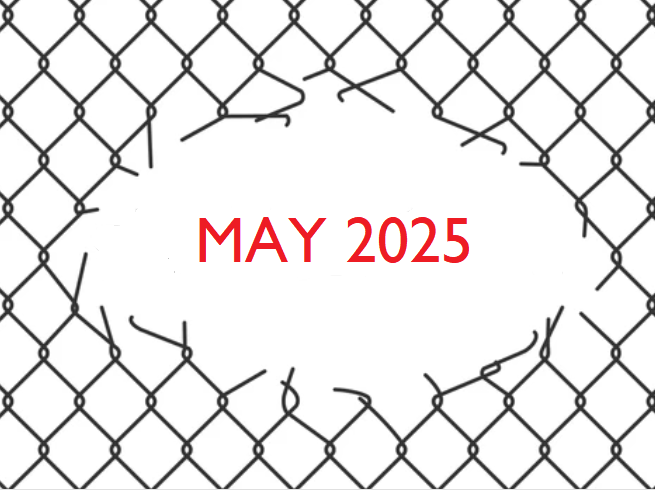TWO CLOCKS TICKING
In the house in Shotts, where my grandfather was born,
the front room was stifled with velvet drapes
and thick brocade table-cloths.
There were photographs of whey-faced ghosts,
anti-macassars, spotted mirrors,
aspidistras, vases, knick-knacks.
You could feel the suck of the past on you, there,
as you closed the curtained door with a thud
and muffled outside, the bright blue day
and whoops of kids as they played in the street.
Time was measured by two clocks ticking.
One was a long kist of wood
and glass, a grandfather clock
with a brass face and black numbers,
wound solemnly every Sunday
with a key big enough for the kingdom of heaven.
Its grave, bronchial ‘croak… croak…’
considered each second in mournful tones
before it deigned to admit it to history.
The other was a cheap and tinny alarm
that pattered its ticking away on the mantel
like butterfly wings on a window pane.
My young and bored ear used to hear it
speeding up and slowing down,
syncopating paradiddles
and mammy-daddies in its frantic tattoo.
I’ve been hearing two clocks ticking ever since: –
the flickering pattern of my own life, quickening
through childhood, manhood, husband, father –
now running slower, starting to falter,
as if my ticker’s winding down;
and, in the background, only making
its presence felt when someone speaks
of carbide lamps or Co-op checks,
Johnny Lawson, my mother’s father,
strikes and lock-outs, Charlie Tully,
Labour’s win in ’45 –
There’s the sombre ‘choke’ of the grandfather clock.
THE LAST YEARS OF WHISTLER
The Chinese children behind the wall
bicker and wail like peacocks
in their unknown tongue.
Beyond the murmur of the burn,
a summer afternoon has daubed the fields
an arrangement in gold and green.
The farmer stacks blocks of hay
on a trailer and drives
a swaying pagoda from the fields.
Chimes of evening from the water-clock;
moths spin in the dying light
and straggles of geese turn in the low sky
like quick flicks of a calligrapher’s brush.
Daylight fades and the only lights
left in the garden are random flares:
the fuchsia’s waxen tears of flame
and the dull ruby lanterns of the raspberries.
Lamp-black shadows stretch between the firs.
A nightjar churrs in the half-dark wood,
where the trees are bold strokes of ink
in the gathering gloom.
Blue dusk settles on the river;
headlights come and go on the Stoneyburn road.
Night hangs Chinese art over Blackburn,
a nocturne in blue and silver.
FATHER’S DAY
My daughter used to bring me gifts
and cards she’d made herself:
everything in primary colours
or black and white
for the father who must have mystified her –
loving enough but distant at times,
wrapped up in his reading
or lost in his thoughts.
I still have them –
a simple, smooth pebble from a beach
with a drawing of a bird on it,
to be used as a paperweight;
or a gaily crayoned envelope of card
to keep a record in – that sort of thing,
direct and uncomplicated,
from her world to mine.
Nowadays, her world is mine.
She buys her cards; she buys her gifts.
She’s growing up and so prefers
not to risk her heart on a sleeve
nor her love on a stone.
I have to call her twice
when she’s lost in a book.
And there are more greys in the world
than there used to be.
Dennis O’Donnell


Leave a Reply